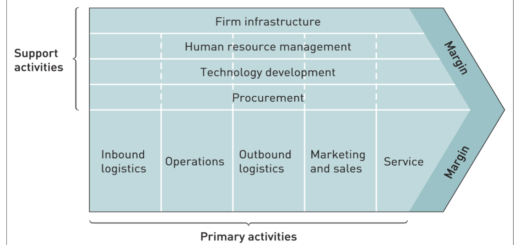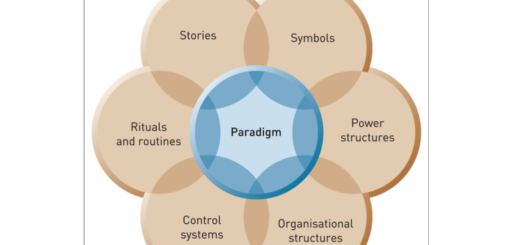An Introduction to Management
Concept of Management:
Management refers to the process of planning, organizing, directing, and controlling the activities of an organization in order to achieve its goals and objectives. It involves the allocation of resources, the setting of priorities, the coordination of actions, and the monitoring of performance. Effective management requires the ability to lead and motivate others, make sound decisions, communicate effectively, and continually adapt to changing circumstances. Management can be applied in a variety of settings, including businesses, non-profit organizations, and government agencies. The role of management is essential in ensuring the efficient and effective functioning of any organization.
Management is responsible for adding value to a company or product by making the most efficient use of the resources available, such as time, money, and human capital. Effective management can help to increase productivity, improve quality, and boost profitability.
In addition to adding value to the company or product, management can also add value to the customers, employees, and other stakeholders by creating a positive work environment, fostering innovation, and developing new products and services that meet the changing needs of the market. Ultimately, the goal of management is to create a thriving and dynamic organization that benefits everyone involved.
Management as a Universal Human Activity:
Management can indeed be considered a universal human activity. The principles and practices of management are applicable in a wide range of settings, including businesses, government agencies, non-profit organizations, and even in personal life. Whether it is managing a team at work, a household, or a community organization, effective management requires the same fundamental skills and principles.
These skills include the ability to plan and organize effectively, to communicate clearly, to make sound decisions, to delegate responsibilities, and to motivate and lead others. The principles of management, such as goal setting, resource allocation, performance monitoring, and continuous improvement, are universal and can be applied to any situation in which people work together to achieve a common goal.
In today’s globalized and interconnected world, the importance of effective management has only increased. Organizations are facing increasingly complex and challenging problems, and management plays a critical role in navigating these challenges and ensuring long-term success. As such, the study and practice of management continues to be an important and relevant field of study, and it is likely to remain so in the years to come.





